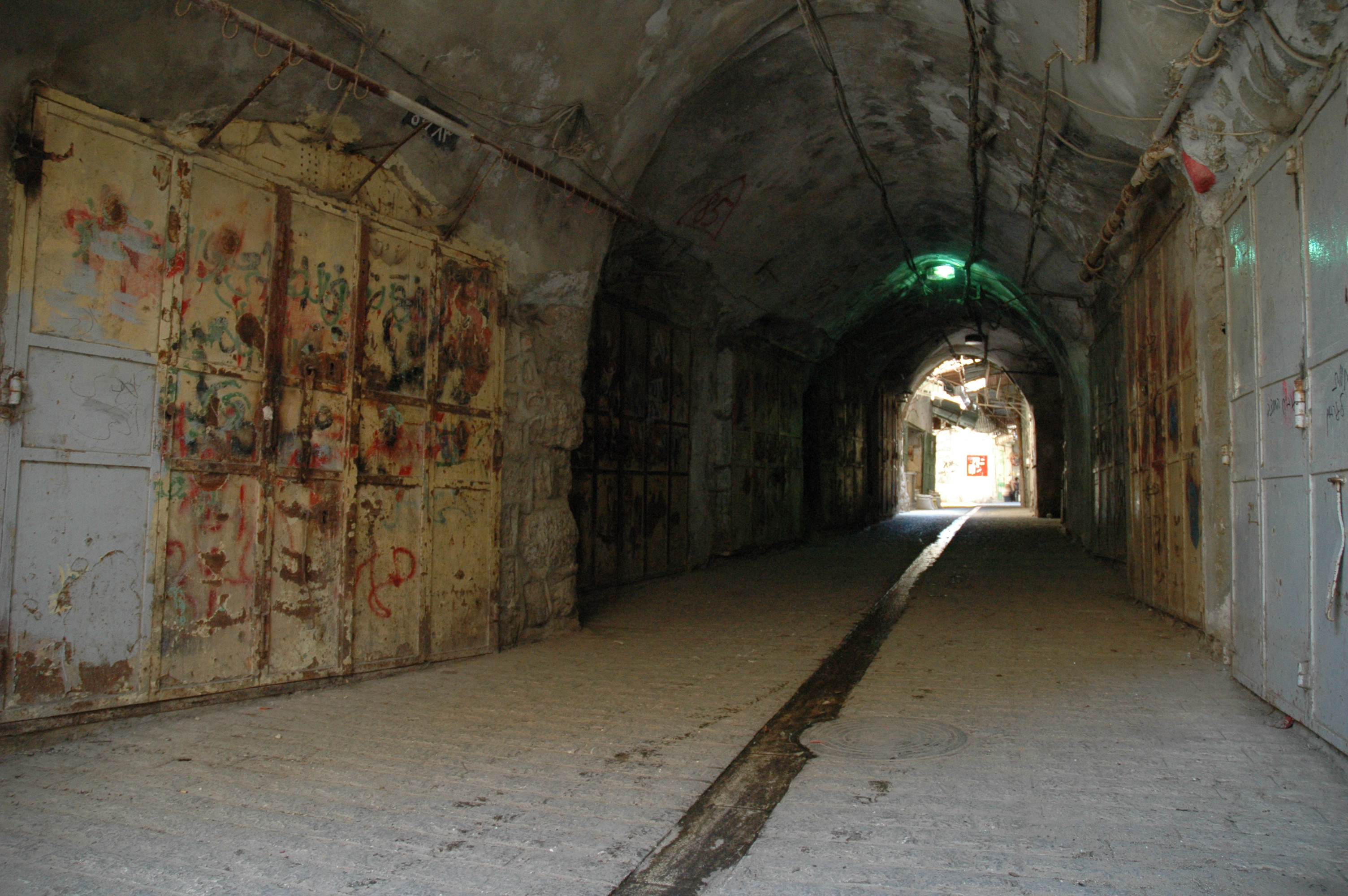The tragedies of the summer of 2014 in Israel began with the abduction and murder of three Israeli children, Eyal, Gilad and Naftali. Though the vast majority of Jews across the world had no direct connection to the boys, we held our collective breath, hoping for their safe return. Our communities banded together in prayer and then, tragically, in mourning, as the murder of our children was made known.
In its attempt to find the boys, our state’s army shut down large sections of the West Bank. Several Palestinian civilians were killed, more were injured, and hundreds were arrested without charge or trial. The entire perimeter around the city of Hebron was shut down, and tens of thousands of Palestinians were unable to work.
Most of our people found still unclear whom “we” refers to. American Jews? All Jews everywhere? All Zionists? As Jews, we feel a deep, personal connection with those who share our national culture. We can imagine Eyal reading the Torah at his bar mitzvah, Gilad retelling the story of our people at his Passover seder, or Naftali joining his family for Shabbat dinner, as our families have done for millennia. Through this connection, they become human. As Jews, we share this same connection with the soldiers of the IDF and the people of Israel. We feel that they are our army, our people.
We share no such connection with the Palestinians who suffered from our efforts to find Eyal, Gilad, and Naftali. Like any other group, we empathize more with each other than with outsiders. As a result, we don’t humanize Palestinian victims of the conflict in the way we humanize Jewish ones. (Obviously, I’m not arguing for greater empathy with proven murderers and terrorists.)
So when we see a chance to bring back our children, however slight, we take it. When we see an opportunity to slow the rockets hailing down on our families in southern Israel, we act on it. And almost any action that would protect our people from another terrorist attack becomes acceptable.
We know that the actions we take to ensure our security cause Palestinians to suffer, that thousands have died and millions live unenviable lives under the rule of our military. But we don’t feel their suffering in the same way. A family member of mine cried when Eyal, Gilad, and Naftali were found dead. When she watched the bombardment of Gaza on the news, she was uncomfortable, but her eyes remained dry.
(The Palestinian leadership, particularly Hamas, greatly contributes to the difficulty of life in Palestinian society. Nevertheless, the state of Israel regularly makes decisions in which it has to balance the interests of Israelis and Palestinians, and these decisions sometimes cause harm to Palestinians.)
I’m not trying to suggest that Jews are unique in empathizing more with those closer to us. It seems to be a universal human experience. Economist and philosopher Adam Smith, in his classic Theory of Moral Sentiments, asked his readers to consider a situation in which the empire of China is destroyed by a natural disaster. He suggests that a European would react by taking a moment to reflect on the arbitrariness of life, and then moving on. By contrast, if the same European suffered a minor personal misfortune, he or she would be far more troubled.
Similarly, America’s wars over the last decade have caused far more civilian suffering than Israel’s, and received far less criticism. This is partly because Americans empathized with the American civilians killed in 9/11 and other terrorist attacks more than with the Middle Eastern civilians killed by American soldiers and drones.
Nevertheless, a closer connection with the people with whom we share a homeland could be valuable. If we decide to try to build that empathy, I suggest we start close to home. A new organization on campus, called Israelis and Palestinians Unite, will put on apolitical events to build friendships between UCLA students who are engaged in both sides of the issue. Programs like these could be a good first step towards greater mutual empathy between our two peoples.

